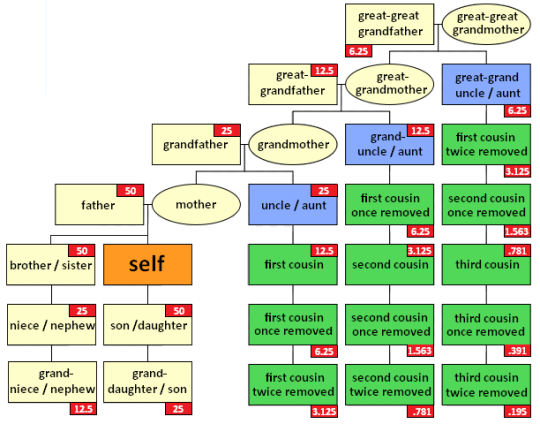#genetic privacy

It’s become increasingly clear that, as many knew they would, law enforcement agencies are seeking access to genetic information from databases like 23andme and Ancestry.com when trying to solve crimes, and that relatives of people who’ve committed those crimes can be wrongly swept under suspicion as a result.
In a recent Fusion article, “Cops Are Asking Ancestry.com and 23andme for Their Customers’ DNA,” Kashmir Hill reports on the practice, noting that 23andme has successfully resisted the requests it’s received so far, whereas Ancestry.com has released some information to law enforcement.
23andMe has since followed the lead of Google, Twitter, and Facebook, releasing a “transparency report” tallying the number of requests it’s received from U.S. law enforcement so far (four, for five user accounts).
I’m glad to see the company’s privacy officer, Kate Black, touting 23andme’s “dedication to being forthcoming with our customers and doing everything we can to protecting customer information.” In email Black told Hill, “We have not released any customer information to law enforcement, and I’m personally committed to keeping it that way.” Relying on personal commitments and the decency of corporations to keep our genetic data out of the hands of law enforcement is pretty precarious, and I hope one day we’ll see a comprehensive genetic privacy law, but given the government’s vast overreach and secrecy in siphoning up our personal information, I’m not optimistic that a genetic privacy law would be respected even if it passed.
23andMe has also received clearance from the FDA to resume sharing some genetic data – about carrier status for cystic fibrosis, as the New York Times puts it, and other “genetic mutations that could lead to disease” in offspring – with its customers. For now, the company isn’t allowed to share information about health risks, though it isn’t barred from collecting or seeking that information from subscribers’ data….
Nor, for that matter, is Ancestry.com barred from seeking it. The company is known for and is, with some caveats, best for genealogy, but unbeknownst to most subscribers it has been positioning itself to get into the health research game, presenting its vast collection of users’ family data, which can include death certificates of ancestors going back a century or more, as a selling-point.
